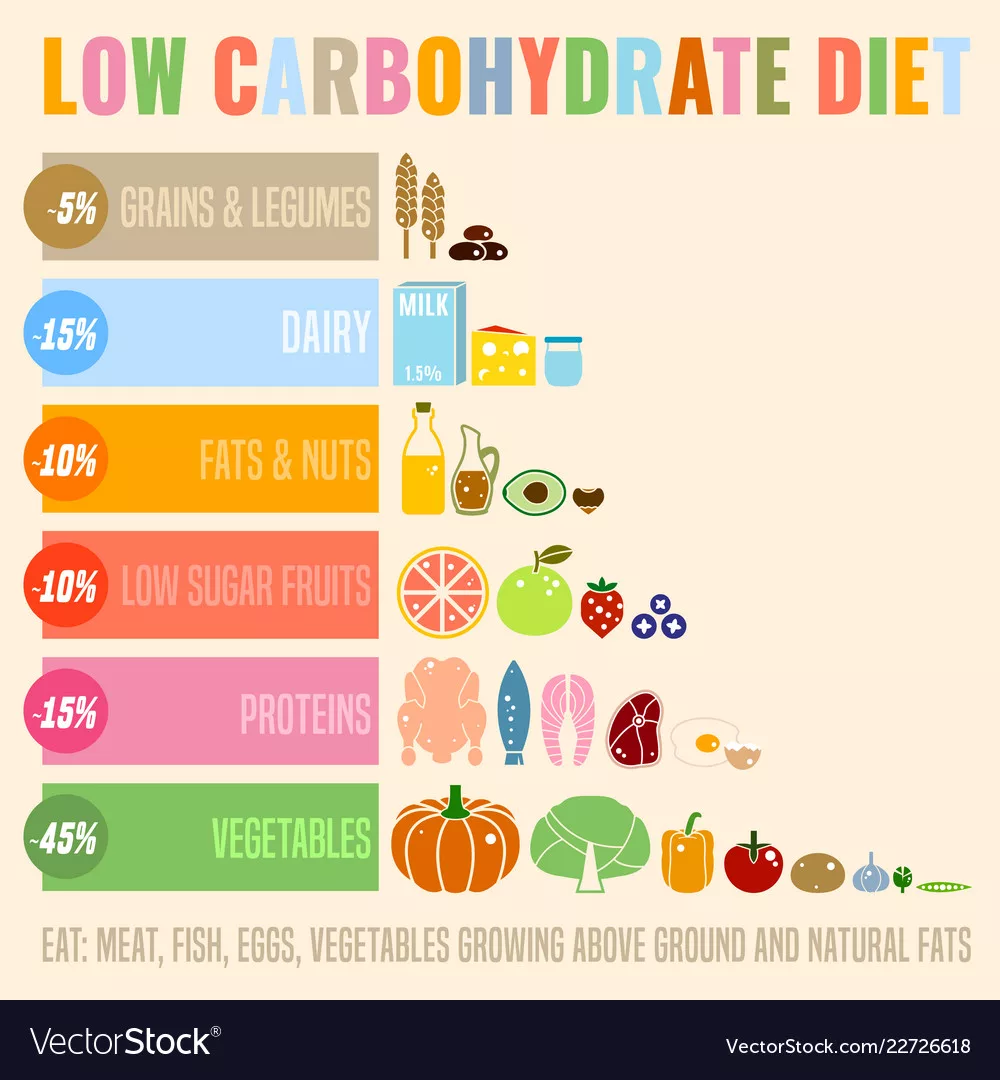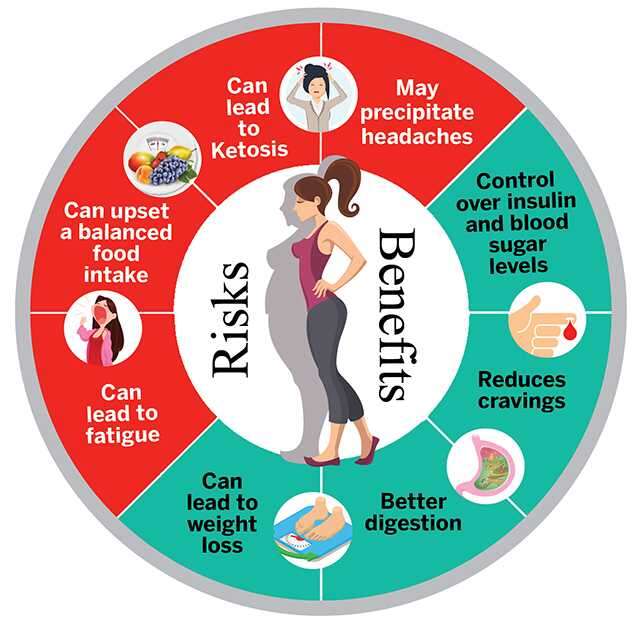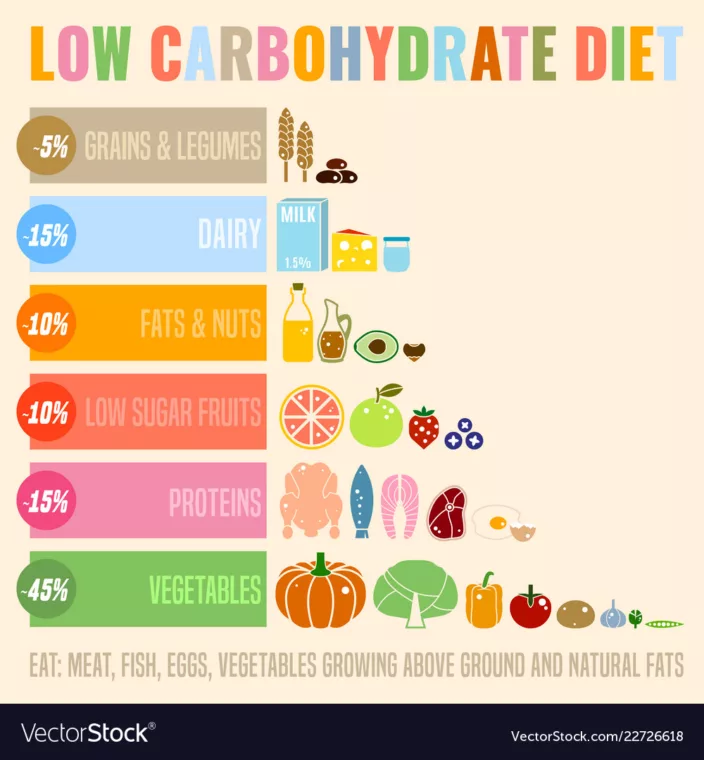Today, let’s talk about the impact of a low-carbohydrate diet on our brain. Many people choose a low-carbohydrate diet for dieting or health reasons, and you might have been curious about how this diet affects our brain. Let’s find out together!
Understanding the Basic Concept of a Low-Carbohydrate Diet
A low-carbohydrate diet limits the intake of carbohydrates and focuses instead on proteins and fats. This type of diet is often chosen for weight loss or blood sugar management. Understanding the basic concept of a low-carbohydrate diet is important for grasping its impact on our brain.
Brain Function and Energy Source: The Role of Carbohydrates
Our brain is one of the most active parts of our body in terms of energy consumption. Carbohydrates act as a primary source of energy for us. Our body digests carbohydrates into glucose, which is then transported to the brain to produce energy. Therefore, if carbohydrates are not supplied in an adequate amount, it can negatively affect brain function.
Direct Impact of a Low-Carbohydrate Diet on the Brain
Following a low-carbohydrate diet limits the intake of carbohydrates, so the brain must utilize alternative energy sources for energy supply. These alternative sources are mainly fats and proteins. The brain goes through a process of breaking these down to produce energy, which means dietary changes can have a direct impact on the brain.
Memory and Concentration: The Effect of Dietary Changes on Brain
Function A low-carbohydrate diet can also affect memory and concentration. Carbohydrates are converted to glucose, which supports brain function. A decrease in glucose supply due to a low-carbohydrate diet can lead to decreased memory and concentration, which is an important factor that could affect brain function in the long term.
Emotional and Mood Changes Associated with a Low-Carbohydrate Diet
A low-carbohydrate diet is also related to emotional and mood changes. Carbohydrates play an important role in the production of serotonin, a neurotransmitter that influences our mood and emotions. A decrease in carbohydrate intake due to a low-carbohydrate diet can lower serotonin levels, potentially causing depression or anxiety and other changes in emotions and mood.
The Impact of Dietary Changes on Sleep Patterns
A low-carbohydrate diet is associated with dietary changes. Typically, a low-carbohydrate diet is high in proteins and fats, which can also affect sleep patterns. For example, excessive protein intake can lead to ongoing digestion during sleep, making it difficult to reach a deep sleep state.
Precautions and Side Effects When Adopting a Low-Carbohydrate Diet
There are precautions and side effects to consider when adopting a low-carbohydrate diet.
- First, sudden dietary changes can make blood sugar control difficult.
- Second, while some people choose a low-carbohydrate diet for weight loss and blood sugar management, it is still important to receive adequate nutrients.
- Therefore, maintaining nutritional balance is crucial.
Long-term Brain Health Effects of a Low-Carbohydrate Diet
A low-carbohydrate diet can have positive effects on our brain in the long term. Maintaining physical health through weight loss and blood sugar management, while also improving brain function and enhancing concentration and memory, is possible. Additionally, a low-carbohydrate diet can reduce inflammation in the brain, potentially preventing age-related neurodegeneration.
Successful Application of a Low-Carbohydrate Diet
To successfully apply a low-carbohydrate diet, several methods should be considered.
- First, it is necessary to consume enough protein and fats to maintain nutritional balance.
- Second, maintaining dietary diversity by utilizing various ingredients is important.
- Third, allowing the body to adjust through gradual dietary changes rather than sudden ones is beneficial.
Misconceptions and Truths About the Low-Carbohydrate Diet
Finally, let’s look at misconceptions and truths related to the low-carbohydrate diet. A low-carbohydrate diet is not suitable for everyone. It is important to choose a diet that matches each individual’s situation and goals. Also, carbohydrates are one of the essential nutrients for our body, so completely excluding them is not advisable.
This concludes our discussion on the impact of a low-carbohydrate diet on our brain. Considering one’s goals and situation when choosing the right diet is necessary. Proper eating habits can help improve our brain health and overall well-being.








Leave a Reply